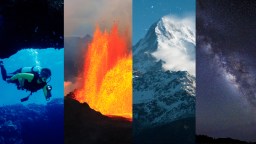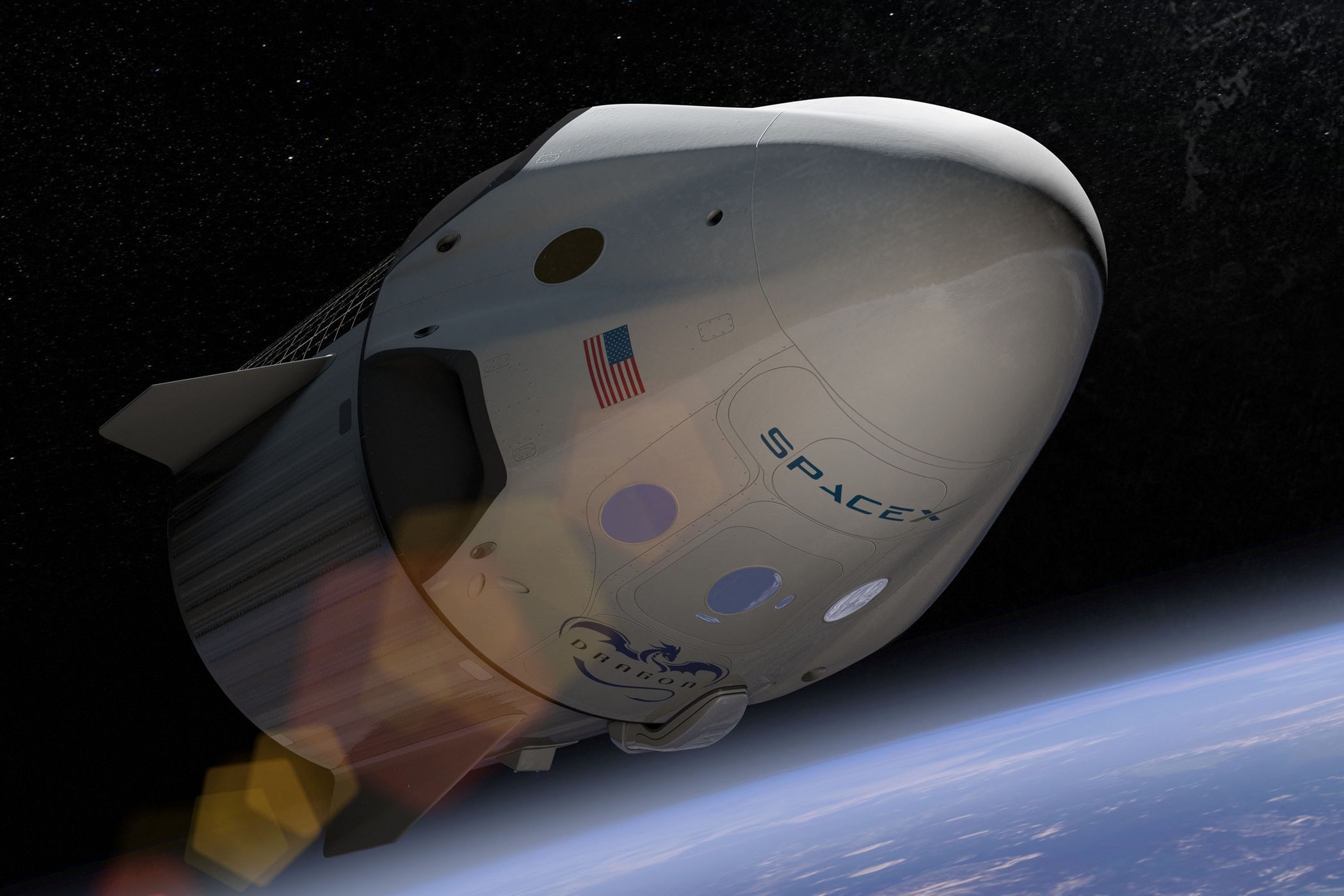space
It’s an incredibly exciting time to be alive, especially if you’re an explorer. We may have been to almost every point on the globe, but there is so much left to understand.
▸
7 min
—
with
Greatest job ever? NASA will pay six-figures to a Planetary Protection Officer.
Northwestern University researchers discover the unexpected origins of half the atoms in our bodies.
Theoretical physicist and cosmologist Lawrence M. Krauss spoke at CSICon 2016 about scientists’ attempt to look back in time to the beginning of our universe.
NASA is close to testing its next-generation nuclear fission reactors that would power a Mars colony and propel space exploration.
Chinese scientists accomplish the feat of teleporting a photon to a satellite hundreds of miles above Earth.
Just by looking at satellite images, AI can predict your income bracket, and tell us what wealth and poverty look like from space.
New research on Uranus’ magnetosphere could help scientists learn about distant systems, and refine the ways they search for alien life.
Elon Musk publishes a visionary paper on his company’s plans to colonize space.
A new study by planetary scientists proposes a giant new space object which could have formed the Earth and the moon.
Sam Harris talks with David Deutsch about how modern people are already living like astronauts.
A study on the strange Cold Spot in space may prove that we live in a multiverse.
Scientists create a superfluid with negative mass that accelerates backwards.
When it comes to time, and what the heck it actually is, there’s a clash of ideas between physics and neuroscience.
▸
5 min
—
with
The Many Worlds Interpretation is just one of a few multiverse hypotheses—but is there a glaring paradox in this popular idea?
▸
3 min
—
with
NASA scientists discover what two places in the solar system might have favorable conditions for alien life.
New research explains how to build different types of outposts in space.
Get ready for a decade of scientific revelations. Thanks to gravity waves, we have a completely new way to explore the universe.
▸
5 min
—
with
What if we build from the sky down? NYC architects release designs for a skyscraper that would hang from an asteroid and travel between hemispheres.
Stephen Hawking has accepted an offer to go to space. He’s one of the world’s most famous scientists, who’s been paralyzed due to ALS for much of his life.
Scientists discover unusual galaxies that raise questions about Einstein’s theory of gravity and the existence of dark matter.
Bill Nye, CEO of The Planetary Society, offers an important 5-point plan for President Trump on space exploration and NASA’s budget.
Are we alone in the universe? NASA’s exploration of TRAPPIST-1 has the potential to answer one of humanity’s deepest questions.
▸
3 min
—
with
Elon Musk announces that SpaceX will fly two private citizens on a mission around the moon in 2018.
Scientists release observation data from 1,600 stars in hopes the public can help find planets that orbit stars outside our solar system.
Elon Musk’s growing relationship with President Trump can result in revolutionizing the country’s aging infrastructure.
Physicists propose that violations of a fundamental law of physics in early stages of the universe are responsible for the mysterious dark energy.
Astronomers trace the origin of repeating radio bursts from deep space to a dwarf galaxy 3 billion light years away.
CERN researchers make a major step in understanding antimatter by trapping antihydrogen atoms and controlling them with lasers.
Physicist Erik Verlinde’s theory successfully predicts the distribution of gravity around 33,000+ galaxies without relying on unobserved “dark matter”.





























